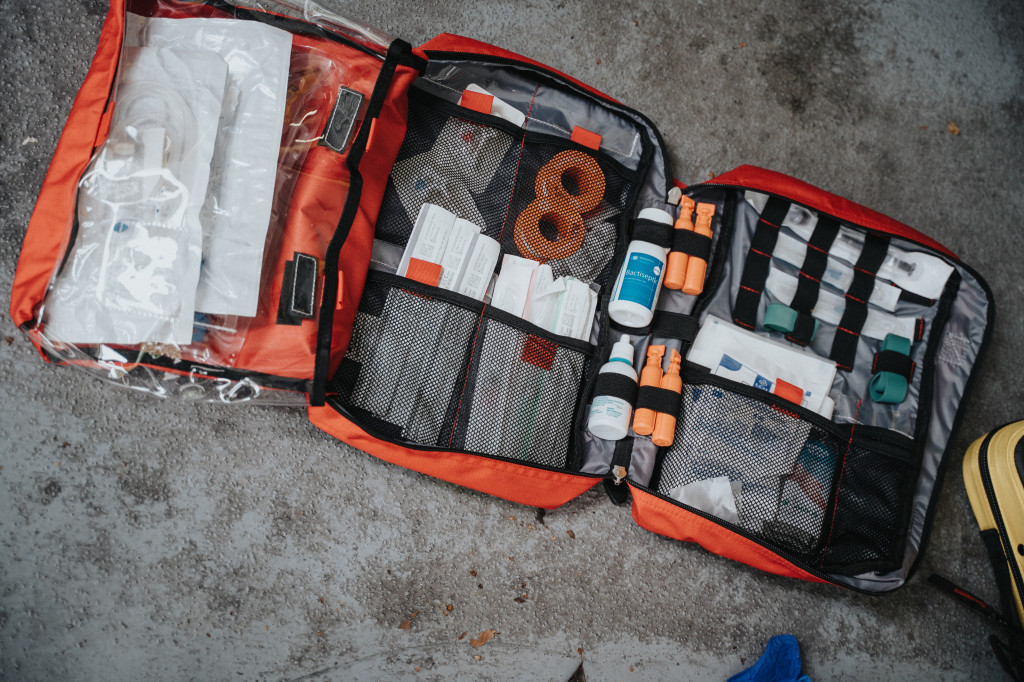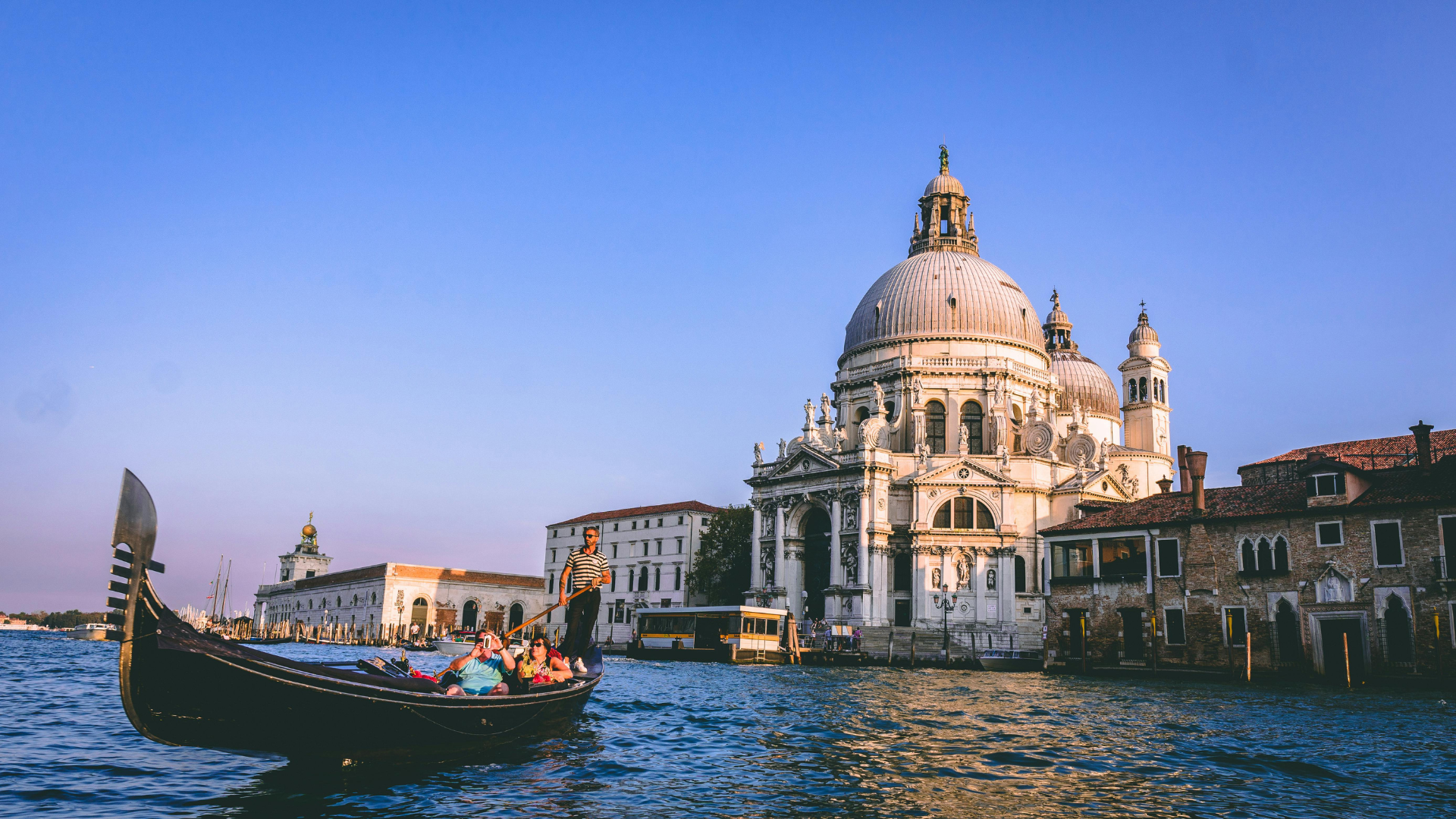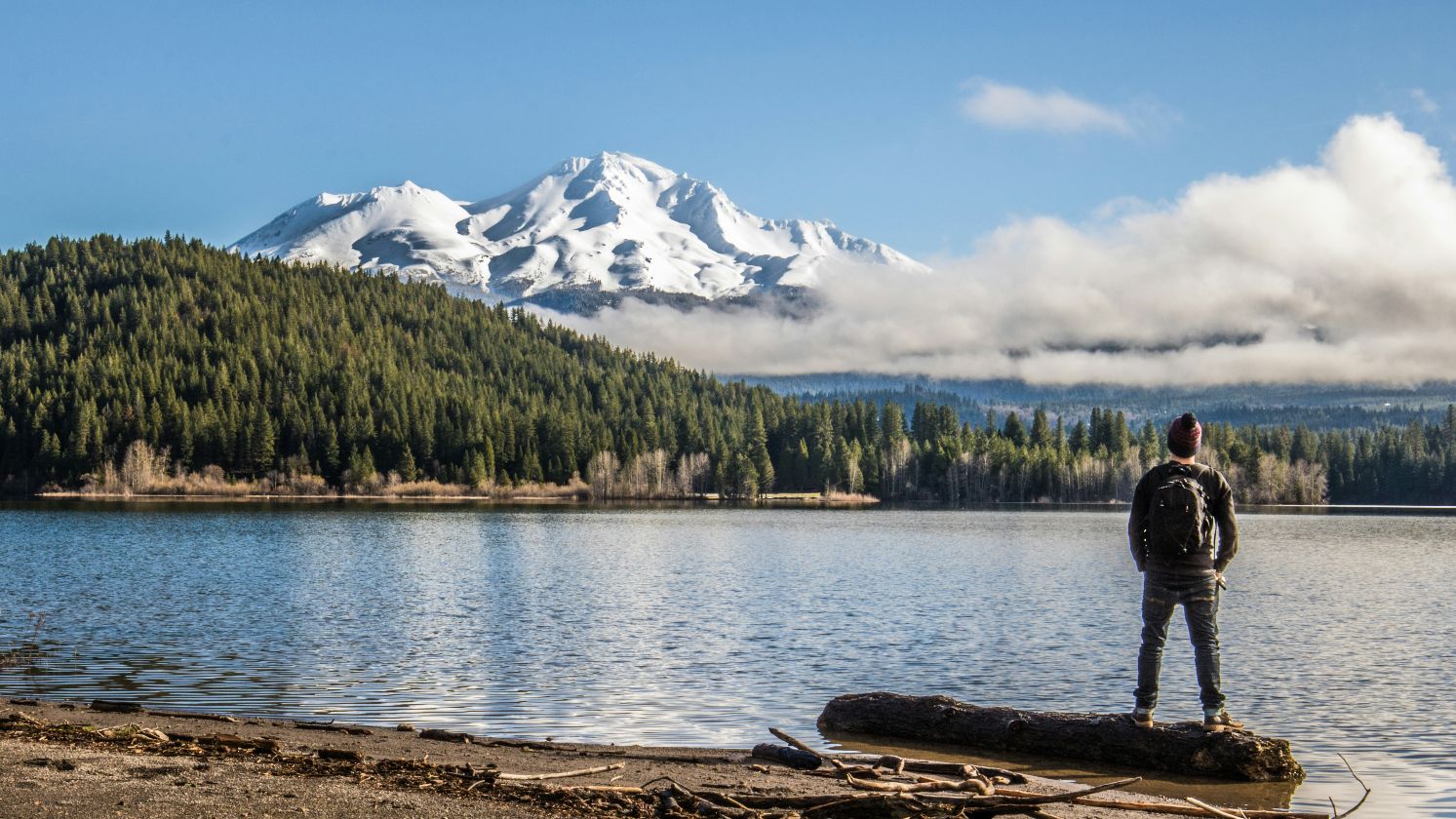Traveling is truly an exhilarating experience that broadens horizons and fosters cultural understanding. But as you go on your eye-opening adventures to places you've never seen before, it's crucial that safety is always at the top of your priority list. We want to make sure you travel as safely as possible, so below, we're going to share with you 20 practical tips that will help you stay responsible and confident no matter where you are in the world. Carefully review this list before your next big trip!
1. Research Your Destination
Stay informed about the current situation of your destination. Research local laws, customs, and any travel advisories that might affect your travel plans. You can also check updates regarding political stability, crime rates, weather patterns, and health advisories, including any pandemic or epidemic outbreak. Websites like the U.S. Department of State or the UK Foreign Office provide valuable travel resources.
 Photo by Dan Dimmock on Unsplash
Photo by Dan Dimmock on Unsplash
2. Secure Your Personal Belongings
Take steps to protect your personal belongings - carry your passport, cash, and credit cards in a secure place like a money belt or neck pouch rather than a back pocket or purse. Use hotel safes for extra security, and ensure your luggage has durable locks. Worrying about the safety of your belongings can seriously put a damper on your mood and spirit, so do your best to secure your luggage; that way, you can go on and enjoy your trip to your heart's content.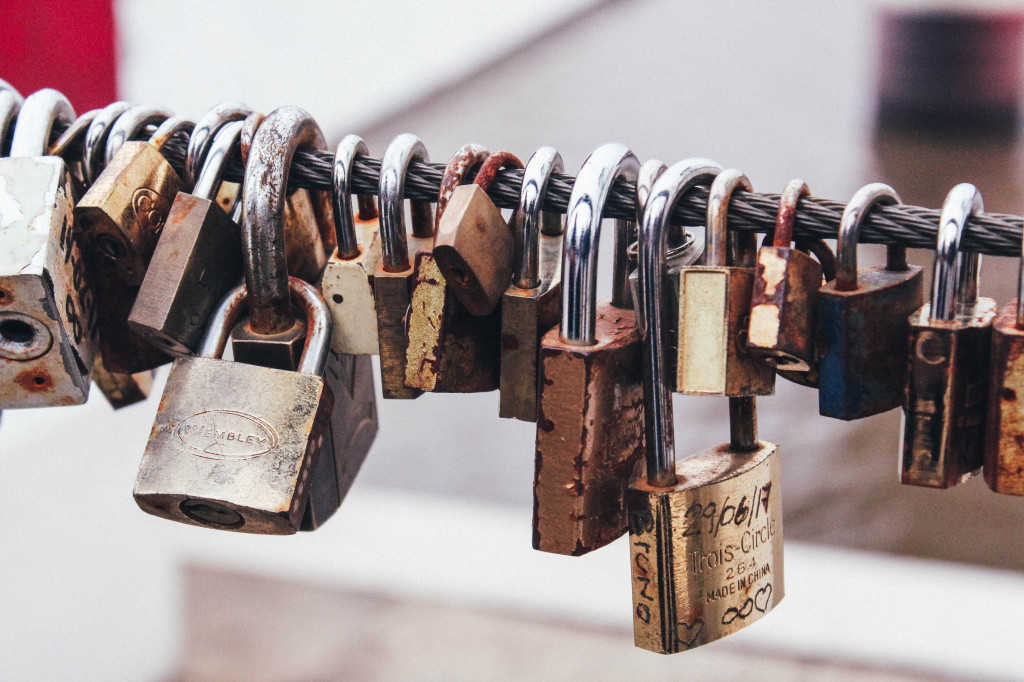 Photo by marcos mayer on Unsplash
Photo by marcos mayer on Unsplash
3. Stay Healthy
You want to make sure you are in good health and in optimal condition before you travel. Do proper research on the country you're visiting and get the necessary vaccinations required upon entering. Also, pack ample medical supplies and prescription medications you think you might need, like Tylenol, Advil, Pepto Bismol, etc. And while you're there, avoid consuming uncooked food and tap water in areas with questions sanitation. To counter that, you can consider investing in a good-quality water purifier.
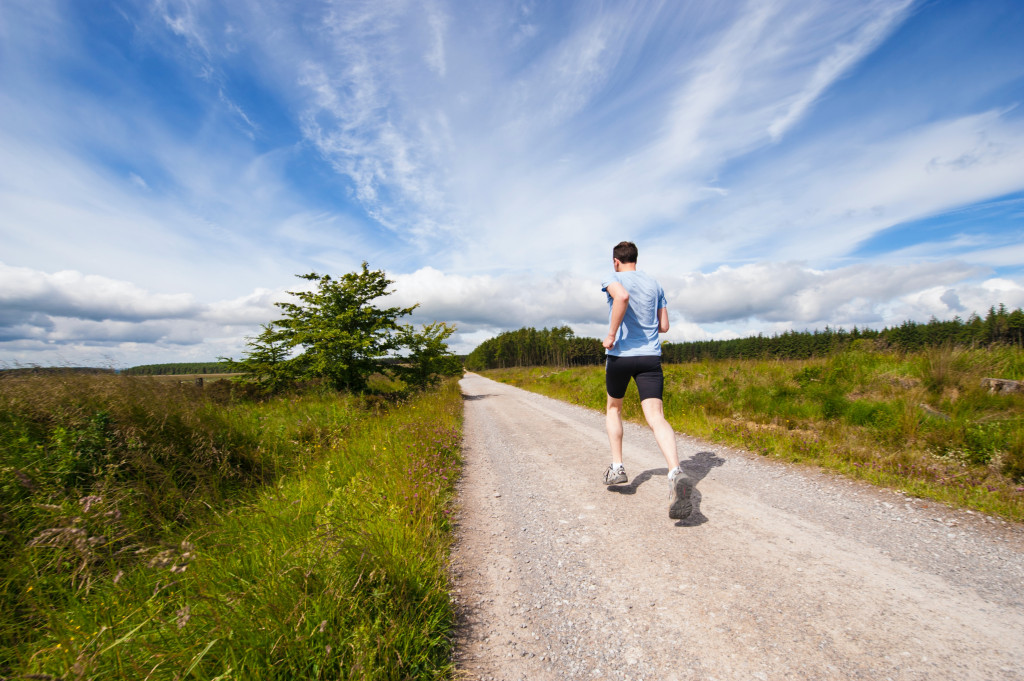 Photo by Jenny Hill on Unsplash
Photo by Jenny Hill on Unsplash
4. Keep Emergency Contacts
Keep a list of emergency contacts handy. This list should include the local embassy or consulate, local emergency services, travel insurance hotline, and trusted contacts back home. Having these numbers accessible can expedite help in an emergency. You never know what may happen, so it's always better to have these ready at a moment's notice.
 Photo by Brett Jordan on Unsplash
Photo by Brett Jordan on Unsplash
5. Purchase Travel Insurance
It’s vital to have travel insurance that covers medical expenses, trip cancellation, and lost luggage. We'll cross our fingers for you that nothing goes wrong, but in the case of an emergency, travel insurance will make all the difference. Check the fine print to ensure you’re covered for all potential issues, including extreme sports if you plan to do any.
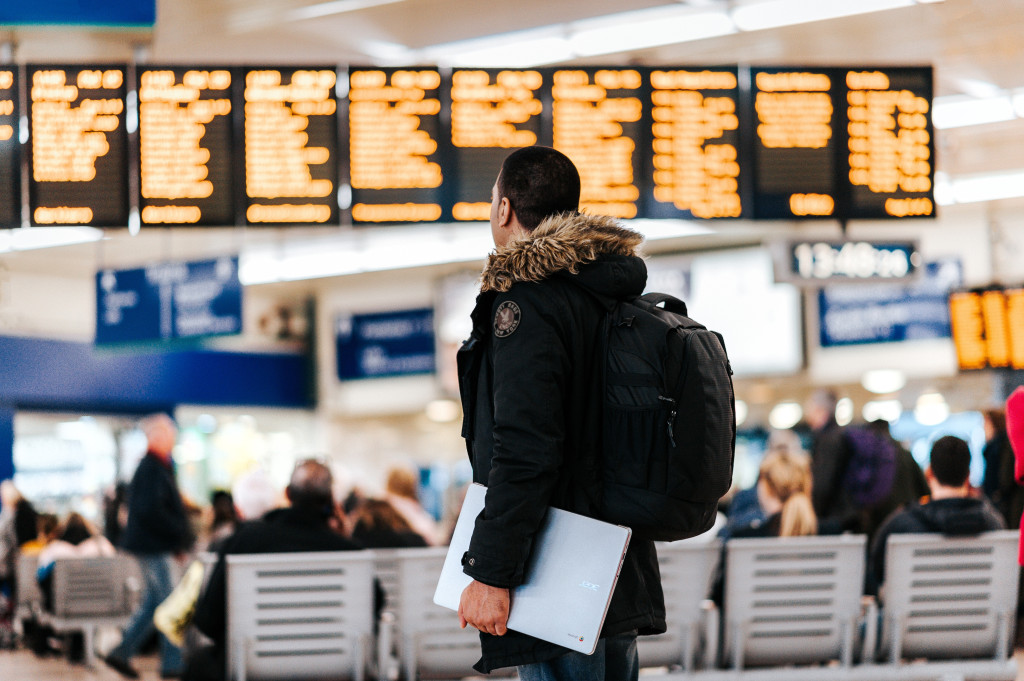 Photo by Anete Lūsiņa on Unsplash
Photo by Anete Lūsiņa on Unsplash
6. Stay Connected
Before you leave for your exciting vacation, it's always a good idea to inform someone about your travel plans. It could be a close friend or family member. Make sure you regularly update them about your whereabouts because that way, in the case of any mishap, someone will know immediately where to look for you. Your safety should always be your top priority.
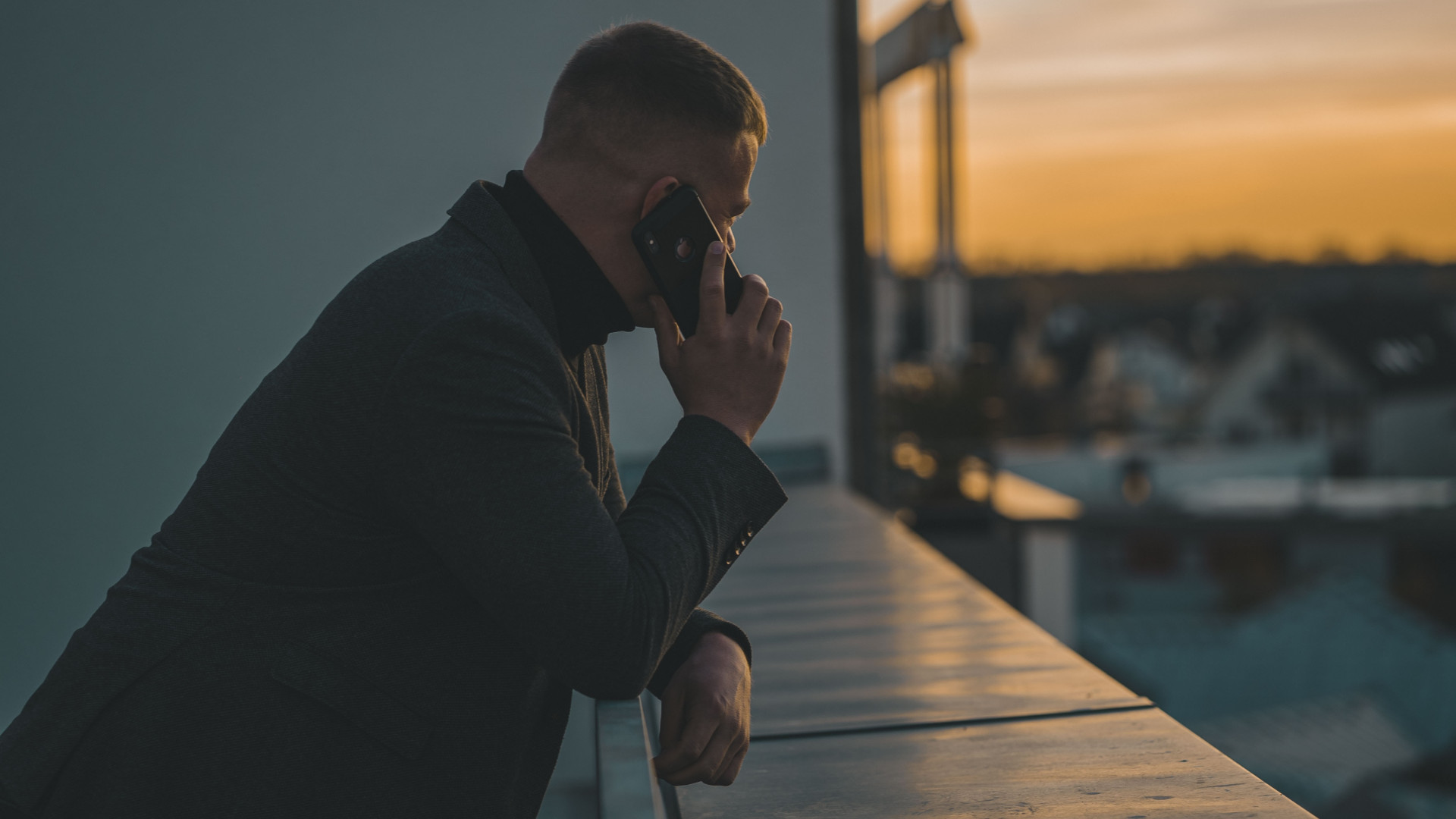 Photo by René Ranisch on Unsplash
Photo by René Ranisch on Unsplash
7. Be Aware of Your Surroundings
Always be conscious of your surroundings; avoid displaying expensive jewelry, electronics, or large amounts of cash which can attract thieves. It's really not that great of an idea to bring along expensive items if you're planning on traveling around a lot. Also, be wary of pickpockets in crowded areas. Hold your belongings close to you!
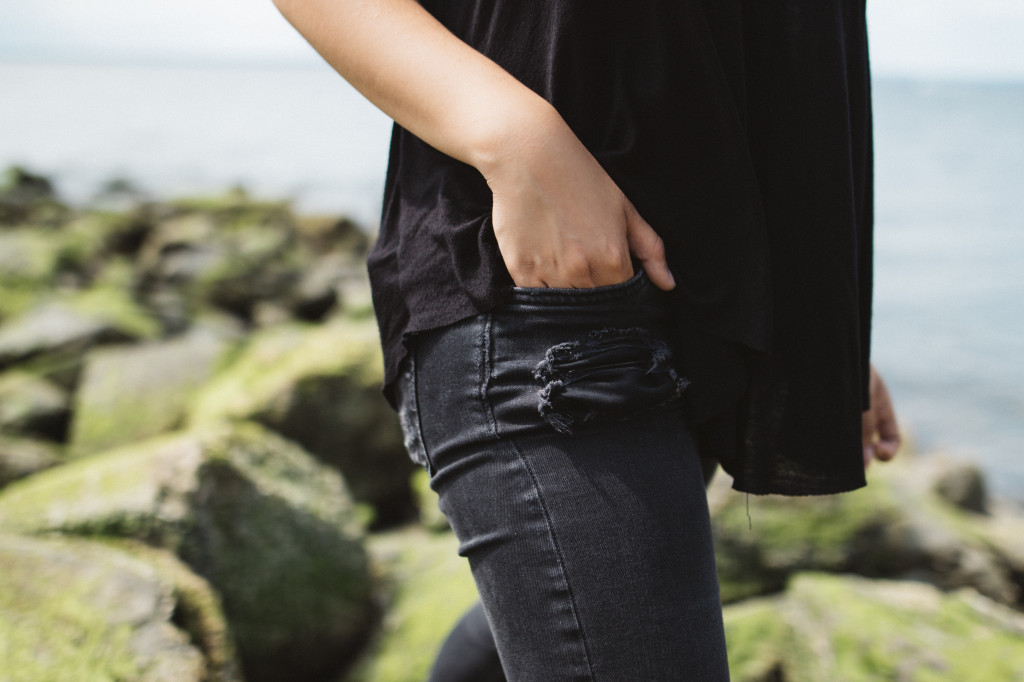 Photo by Julian Santa Ana on Unsplash
Photo by Julian Santa Ana on Unsplash
8. Use Reputable Transportation
Don't be swayed be cheap prices - use only well-established and reputable transportation services. Illegal taxis or unregulated transport providers can lead to dangerous situations. Always check the safety record of airlines, bus companies, or boat operators before you book. It's always better to proceed with caution than unwavering faith.
9. Respect Local Customs and Laws
As you prepare to go on your adventure, one of the first things you should do is familiarize yourself with and respect local customs and laws. Every country is different, meaning there's a lot to learn and adjust to. Avoid wearing any offensive clothing or taking part in activities that may violate local norms. After all, ignorance of the law is not a proper defense. If you want travelers to respect your hometown, you should be expected to do the same.
 Photo by Robert Collins on Unsplash
Photo by Robert Collins on Unsplash
10. Prepare for Different Weather Conditions
Look, while we can't control the weather (unfortunately), we can do research to better prepare ourselves. Check your weather app to review the conditions of your destination upon your arrival. Pack accordingly. Extreme weather can sometimes be dangerous, meaning appropriate clothing and gear can be what keeps you safe and comfortable in the worst situations. Whether it be an umbrella, a warm sweater, or sunscreen, just a little research can bring you a long way.
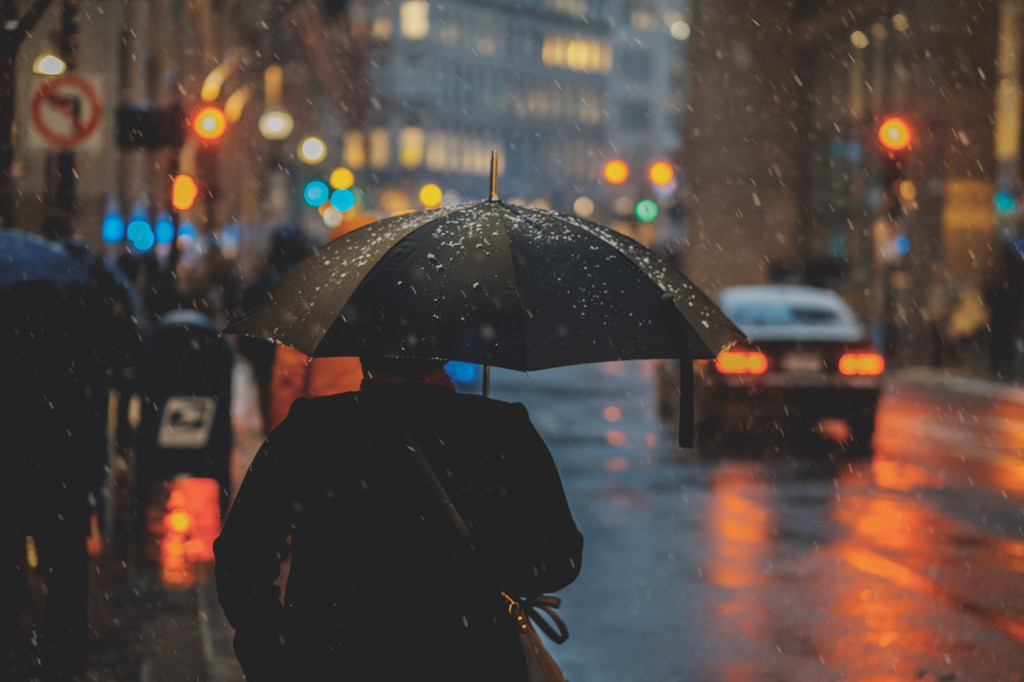 Photo by Osman Rana on Unsplash
Photo by Osman Rana on Unsplash
11. Avoid Dangerous Areas
This one should be a no-brainer for you: stay away from neighbourhoods known for high crimes rates and dangerous activity. When planning your itinerary, you should be looking out for which areas to avoid. You don't want to find yourself on a sketchy street late at night. You can even ask your hotel staff or local contacts for more information on this topic. Keep yourself safe!
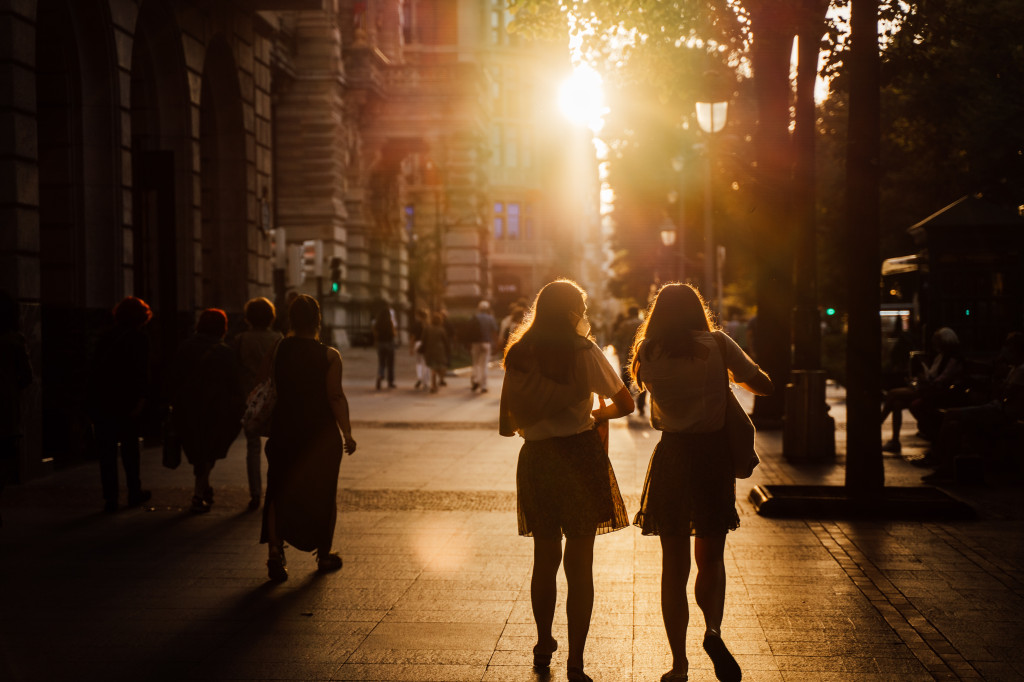 Photo by real_ jansen on Unsplash
Photo by real_ jansen on Unsplash
12. Keep Digital Copies of Documents
Here's a good tip: store digital copies of your passport, driver's license, insurance policies, and other important documents in a secure, cloud-based service on your phone. In case you lose the physical documents, these digital copies will really be a lifesaver.
 Photo by Rodion Kutsaiev on Unsplash
Photo by Rodion Kutsaiev on Unsplash
13. Practice Responsible Tourism
If you're a tourist in another country, respect the environment and local communities by practicing responsible tourism. What does that mean? It means you should avoid any actions that could harm local ecosystems or cultural heritage sites. Always be respectful and visit new places with the right amount of consideration and thoughtfulness.
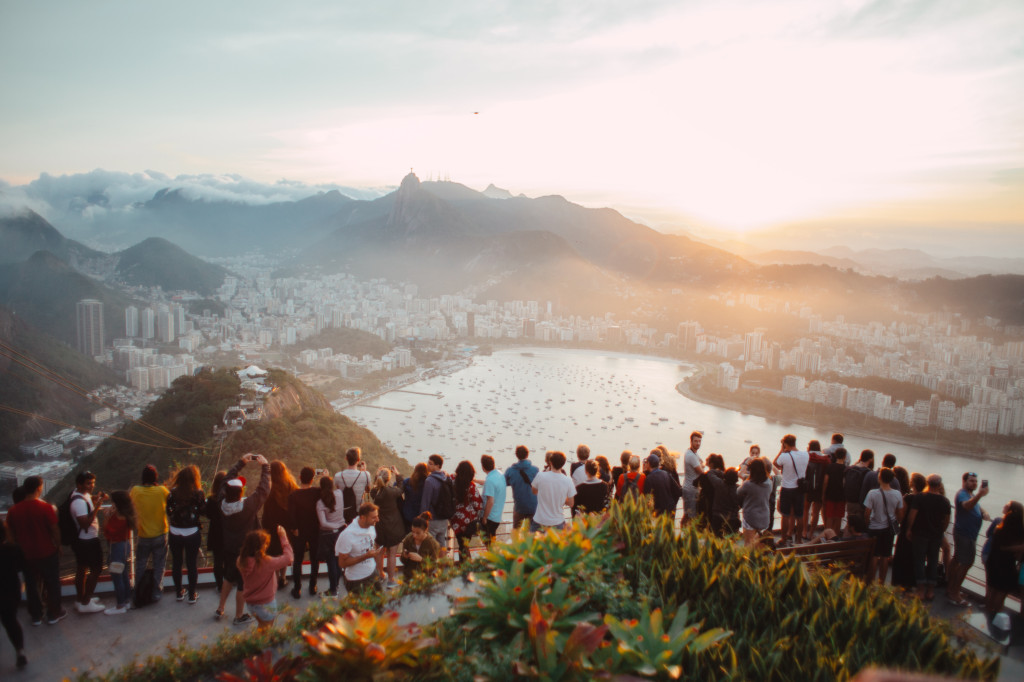 Photo by Elizeu Dias on Unsplash
Photo by Elizeu Dias on Unsplash
14. Stay Sober
While it might be tempting to indulge on a fun night out and get carried away, you probably want to stay away from overdrinking while traveling.
Excessive alcohol can impair judgment and make you vulnerable, especially when you're already in an unknown area. We're not saying you can't enjoy, just always stay within your limits. It's a matter of safety. Furthermore, if you do plan to do some light drinking, it's probably best that you're in a group where everyone can look out for one another.
 Photo by Steve Allison on Unsplash
Photo by Steve Allison on Unsplash
15. Watch Your Diet
When you're traveling out and about, be careful about what you eat. Stick to freshly cooked food and avoid street food if you're unsure or skeptical of the hygiene standards. Of course, it will be tempting, but do you really want to spend the rest of your vacation hunched over a toilet? The last thing you want is food poisoning.
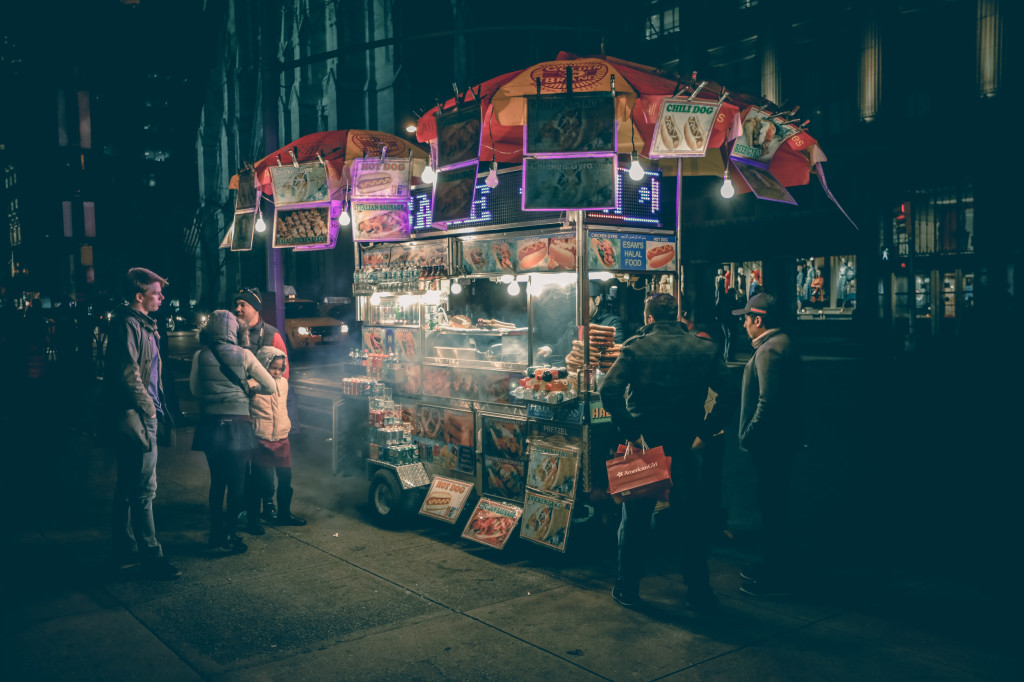 Photo by Roman Arkhipov on Unsplash
Photo by Roman Arkhipov on Unsplash
16. Understand the Local Language
Learn a few basic phrases in the local language. Being able to communicate basic needs or ask for help can be extremely valuable during moments you least expect. It can be as simple as asking for the washroom or as dire as requesting medical attention. It will barely take much of your time to learn these phrases, but it has the potential to save you a whole world of trouble. We'd say that's worth it!
 Photo by Jon Tyson on Unsplash
Photo by Jon Tyson on Unsplash
17. Stay Informed about the Political Climate
You never know what may be going on in another country, and political instability can lead to unsafe conditions for tourists. With this in mind, keep an eye on the news and adjust your plans accordingly. You can also search the web for more relevant news, giving you the chance to make smart decisions.
 Photo by Brian Wertheim on Unsplash
Photo by Brian Wertheim on Unsplash
18. Use ATMS
If you're in need of some extra cash, don't be afraid to hit up the ATMs. However, make sure you only use ATMs that belong in controlled environments like banks or hotels rather than on the street. This is done to not only keep you safe from thieves, it's also to minimize the risk of card skimming.
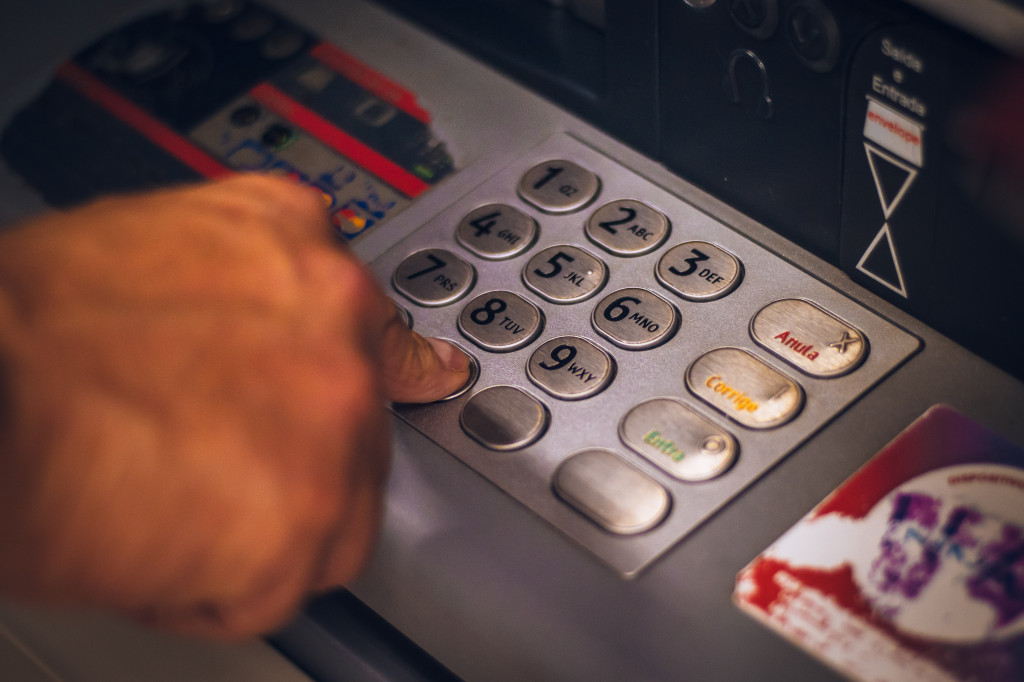 Photo by Eduardo Soares on Unsplash
Photo by Eduardo Soares on Unsplash
19. Carry First Aid and Health Supplies
A small first-aid kit and essential health supplies like hand sanitizers, masks, and insect repellants can be vital in preventing sickness or dealing with minor injuries. It’s certainly one of those items where you’ll be relieved you had it with you when an accident happens. If you don't have enough space, just try to at least bring the essentials!
20. Travel in Groups
As the saying goes, there really is safety in numbers. If possible, travel with a companion or in a group, especially during night outings or in remote areas. Not only does this give you peace of mind, but it allows you to have someone by your side in case something goes wrong.
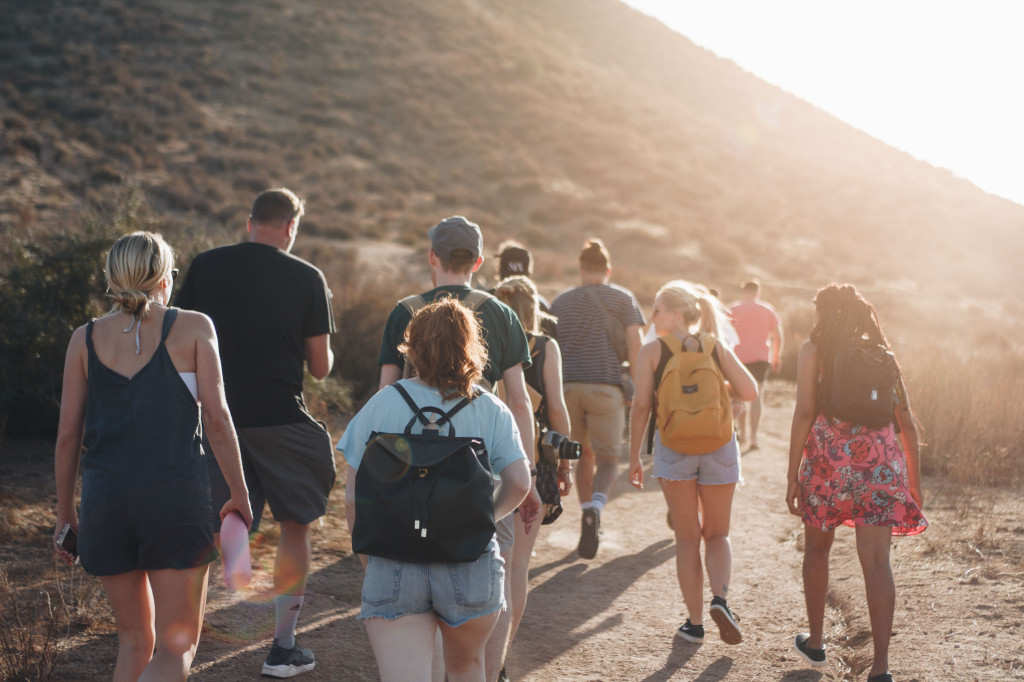 Photo by Luke Porter on Unsplash
Photo by Luke Porter on Unsplash
While you enjoy all the marvels and spectacles of being in a new place, don’t forget about your safety! Just remember, safety should never be compromised. Follow these tips and you can reduce the risks so you can focus on enjoying your trip. Happy travels!



